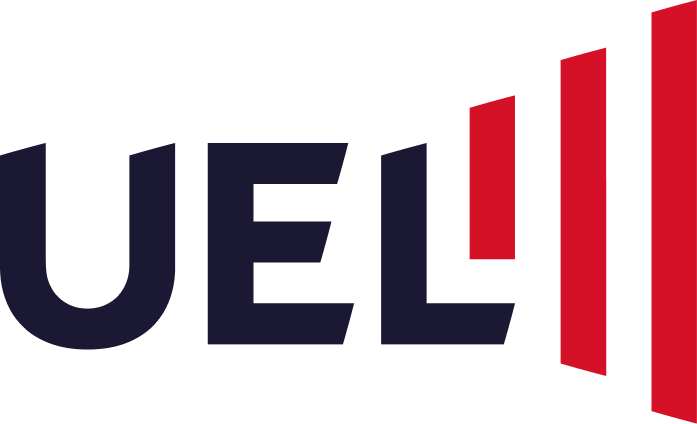According to UEL, this strategy must notably be applied in the fields of business activity, such as the prevention of accidents, the protection of the health and safety of workers, continuing vocational training, production methods, the management of waste and the company’s relationships with its suppliers and customers. Rather than following a legislative framework, UEL favors the path of negotiated commitments by defining together with the companies or sectors of activity, the objectives to be achieved and putting in place the appropriate means of control. With this in mind, UEL has signed a charter on sustainable development on 31 October 2003, the purpose of which is to promote a logic of social responsibility among Luxembourg companies. The charter takes into account the economic, social, environmental and societal aspects.
To highlight its commitment to promote corporate social responsibility, UEL created the National Institute for Sustainable Development and Corporate Social Responsibility (INDR) on 6 July 2007 and is itself labeled ESR for the third consecutive time since October 10, 2014.

